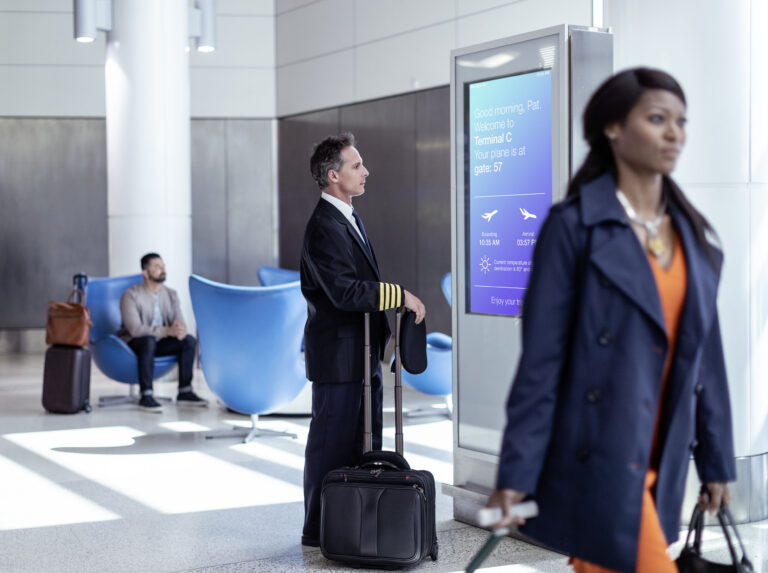Why Cheap Business Travel Flights Cost More Than You Think
Postado por Editorial em 21/07/2025 em NEWSWhile 87% of companies have cut business travel budgets, choosing the cheapest flights often backfires with hidden costs like reduced productivity, flight disruptions, and inflexible booking penalties. Smart travel policies focus on total value rather than just lowest fares, balancing upfront costs with employee performance and business outcomes.

Chasing savings on business travel has become almost automatic for many organisations. With budgets under scrutiny and finance teams laser-focused on spend, booking the cheapest possible fare seems like an easy win. The latest SAP Concur Business Travel Survey shows that 87% of business travellers say their company has cut back over the past 12 months, and further cuts are expected to company travel budgets this year, which typically show up as requiring the choice of the lowest fares. One in three polled say that business or premium class as an option has dried up. The logic is simple: less money spent per flight means more left in the pot. But here’s where things get complicated, because not every cost comes with a clear price tag.
A bargain ticket might trim the budget sheet today, yet it can quietly drain productivity tomorrow, warns Herman Heunes, General Manager of Corporate Traveller South Africa.
“Employees routed through multiple layovers to nab a good deal, arrive at their destination running on empty. A journey that should take ten hours stretches into thirty, and instead of hitting meetings at full strength, travellers need time to recover from their itinerary,” says Heunes.
When “Savings” Mean Setbacks
The knock-on effects go far beyond tired faces in airports. Sixty-one percent say these leaner itineraries make them less effective; nine out of ten would flat-out refuse trips if safety or health feels compromised by fatigue or logistical stress.
Every disruption – whether it’s a missed connection or an unplanned reroute – triggers new expenses and lost opportunities along the way. In South Africa alone this year, nearly ninety percent of business travellers hit major snags while on assignment; many now factor extra days into each trip to cope with setbacks before work begins in earnest.
And company culture isn’t immune either: almost half of employees say current travel rules fall short for real-world needs, and more than one-quarter have considered switching jobs because they feel unsupported on the road.
Value Means More Than Just Price
What does smart savings really look like? As global prices continue their steady climb, the answer lies not in squeezing every cent but in planning wisely around total value delivered, says Heunes.
“The best-run businesses empower staff with booking tools that weigh both ticket price and journey impact and introduce flexible policies based on trip purpose rather than blanket mandates for everyone,” he says.
Expert guidance from a specialist travel management company makes all the difference here – not simply pushing higher fares but helping shape strategies where every rand supports both employee performance and organisational objectives, he explains.
“A well-designed travel policy recognises that sometimes paying more upfront actually protects productivity,” says Heunes. “It isn’t about luxury; it’s about outcomes.”
For those planning trips – or approving them – the question becomes less about what’s cheapest today and more about what delivers results tomorrow. Before confirming that next ticket, ask yourself: Will this journey set our team up for success?
The human cost aside, cheap fares can deliver a real hit to your budget, adds Heunes.
Airlines design these bargain seats with plenty of strings attached. The cheapest tickets tend to show up when demand is low, but there’s a catch: they’re often non-refundable and loaded with strict rules. Need to adjust your trip because a client moved a meeting? Expect to pay significant penalties or find yourself stuck buying an entirely new ticket at the last minute.
For business travellers whose schedules change quickly, inflexible fares rarely deliver actual value. That’s why many top performers opt for flexible tickets whenever possible. They might cost more upfront, but as Heunes puts it: “Paying extra for flexibility is like buying insurance against disruption. Sometimes it’s what keeps your deal on track and your costs under control.”
The bottom line? What looks cheap today can end up being surprisingly expensive once real-world business needs kick in.




